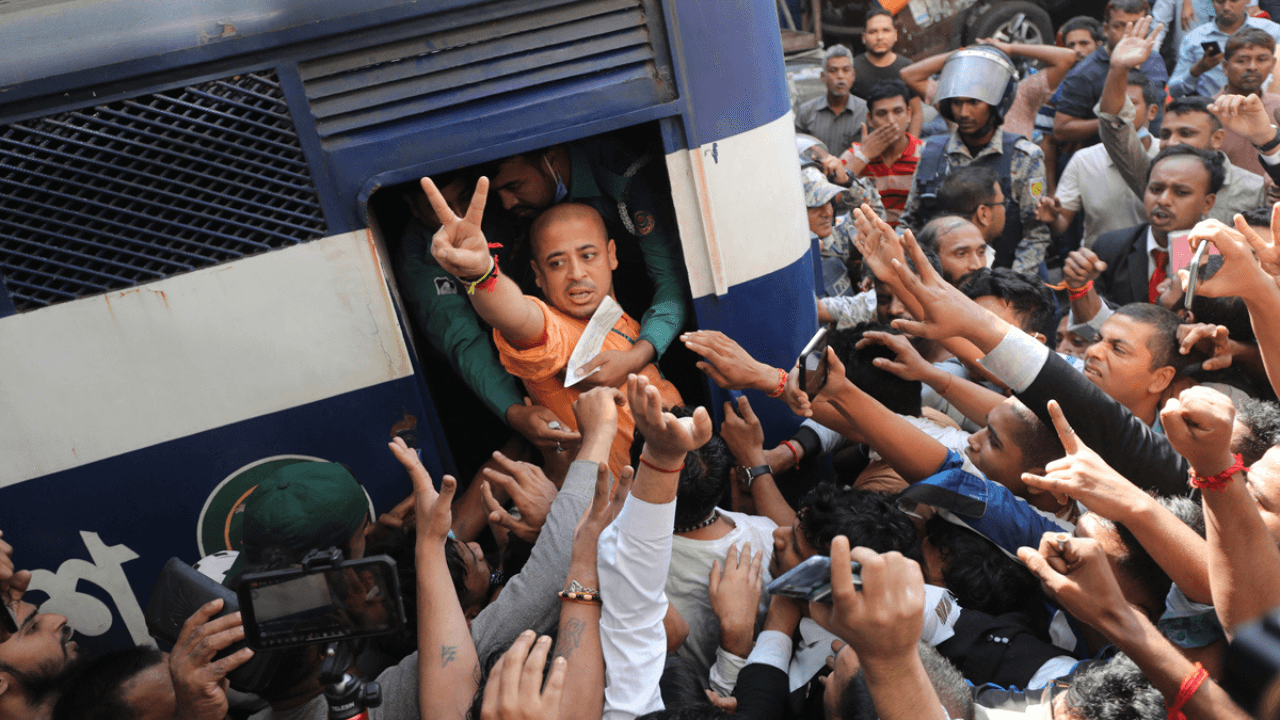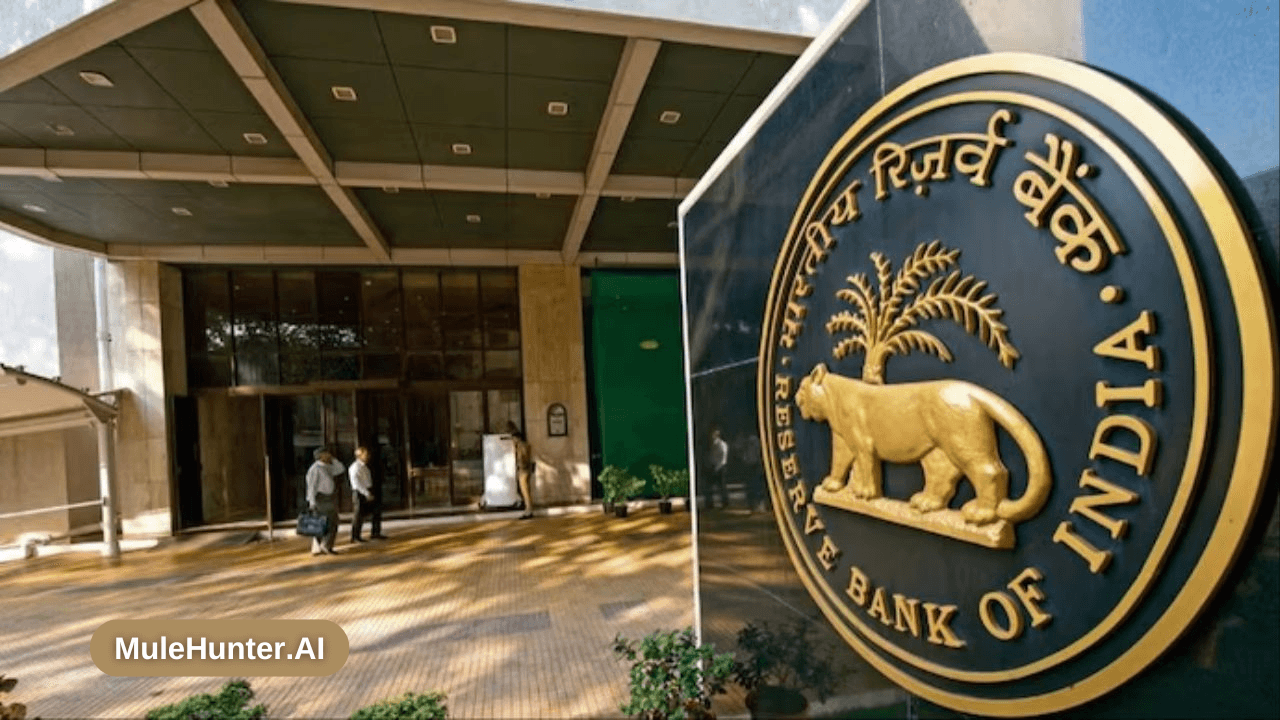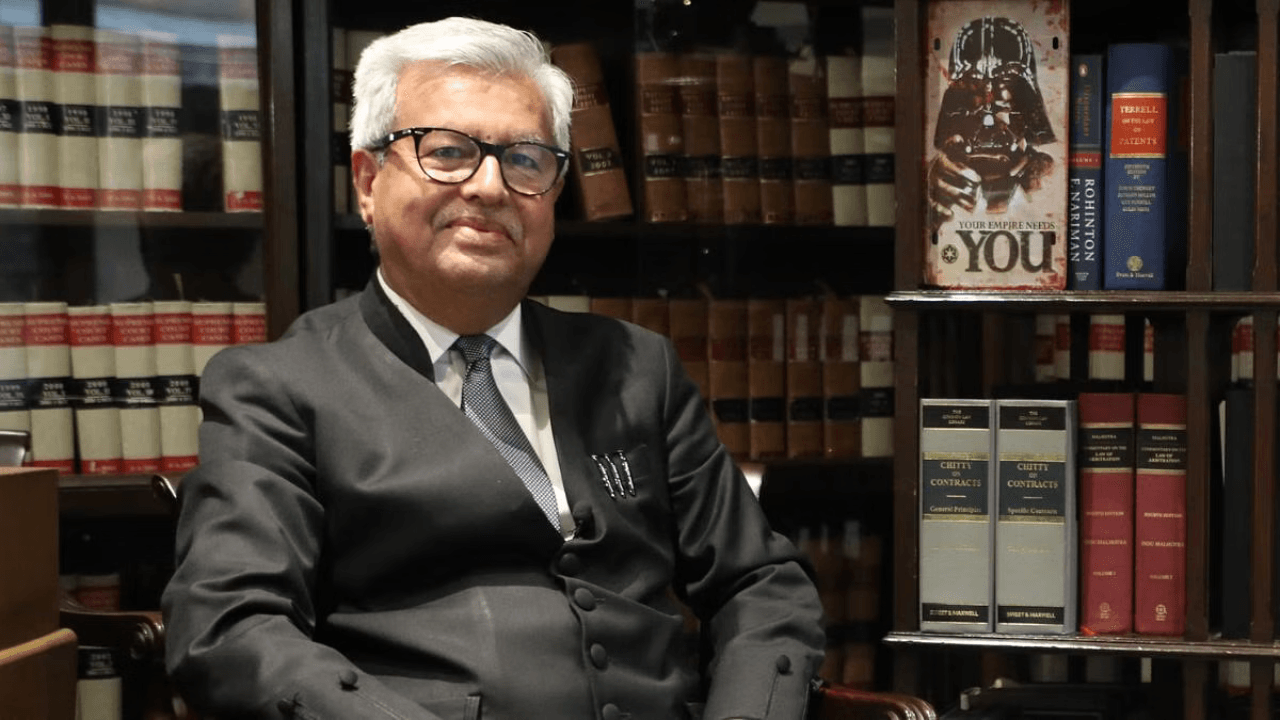NEW DELHI: Hindu monk Chinmoy Krishna Das, a former ISKCON leader’s arrest has ignited protests in Bangladesh and beyond. Known for his activism against escalating violence targeting minorities, Chinmoy was detained on November 25 at Dhaka Airport on sedition charges. Authorities allege he disrespected Bangladesh’s national flag during an October rally in Chattogram. His arrest followed a political shift after Sheikh Hasina’s resignation, which saw attacks on minorities surge.
Chinmoy’s legal team faces severe intimidation. Advocate Ramen Roy is in critical condition after an assault at his home, while lawyer Raegan Acharya was “brutally attacked,” and his chambers were vandalized. ISKCON Kolkata spokesperson Radharamn Das condemned these acts, saying, “This violence against advocates for justice highlights a systematic attempt to suppress voices defending minorities.”
The arrest of Chinmoy Krishna Das has also led to violent clashes culminating in the tragic death of public prosecutor Saiful Islam Alif. Reports indicate that Alif succumbed to severe head injuries after being caught in the unrest. A police inspector at Chittagong Medical College Hospital confirmed that the prosecutor died from the injuries sustained during the protests.
Due to safety concerns, no lawyer appeared for Chinmoy’s bail hearing, leading to its postponement until January 2, 2025. Activists argue this delays justice and reflects growing challenges in defending minority rights.
Chinmoy’s detention has sparked widespread protests across India and in Hindu communities worldwide. Demonstrators demanded stricter laws to protect minorities in Bangladesh. ISKCON leaders have called for international intervention, urging authorities to ensure the safety of religious minorities and guarantee Chinmoy’s right to a fair trial.
Governments and organizations worldwide have condemned the growing hostility in Bangladesh. The United Nations decried attacks on minorities, with Secretary-General António Guterres’s spokesperson stating, “We stand against any racially based attacks or incitement to violence.”
The United States expressed deep concern, with a State Department official urging restraint, saying, “Too many lives have been lost during the unrest. It is imperative for all parties to exercise restraint.”
The European Union emphasized the need for calm, with foreign policy chief Josep Borrell calling for a transition to a stable government, stating, “All sides must work together to restore calm under a transitional government.”
The United Kingdom demanded accountability, with Foreign Secretary David Lammy asserting, “The people of Bangladesh deserve a full and independent UN-led investigation into recent events.”
Protests in the U.S., U.K., and India have drawn attention to the plight of minorities in Bangladesh. The Hindu American Foundation urged the U.S. State Department to engage diplomatically and ensure safety for religious minorities, while banners like “Justice for Bangladeshi Hindus” dominated demonstrations.
Chinmoy Krishna Das’s arrest symbolizes the heightened tensions surrounding minority rights in Bangladesh. As protests and international outcry intensify, the case highlights the urgent need for justice, human rights protections, and global intervention to prevent further persecution of vulnerable communities.











